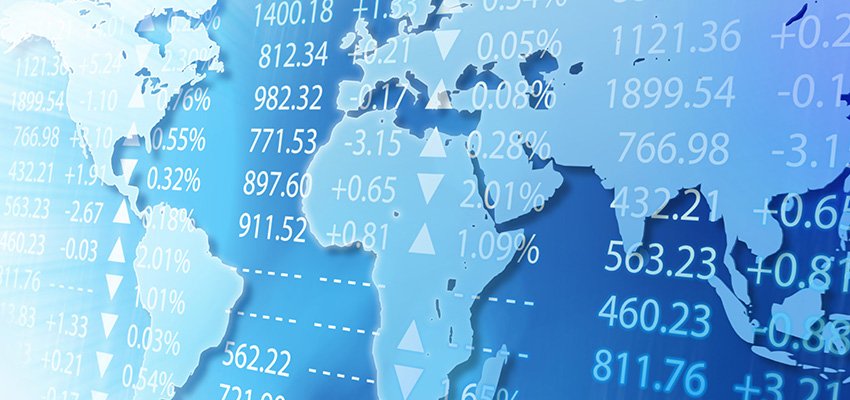Equity markets continue to grow in confidence and relish the resumed expansive monetary policies. Central Banks have become dovish, once again, led by the Federal Reserve. The Fed has been persuaded by the Trump administration to abandon the ‘hawkish policy’ that saw them raising interest rates and reducing liquidity. This pressure combined with the disastrous impact their monetary policy was having on equity markets, forced a return to a neutral stance. Global Central Banks have followed suit, including the RBA, while the US/China trade war rages on. US/China Trade Wars
The US and China have been negotiating a new free trade agreement, over an extended period of time, with no amicable solution being reached. The Chinese have taken advantage of the truce by extending and delaying any settlement. Trump had suspended full tariffs of 25% on $200bn, leaving them at 10%, while suspending any tariffs on the remaining $300bn in Chinese traded goods. Trump has demanded a comprehensive trade deal, which needs to include currency manipulation and IP theft issues, which are enforceable and enshrined in the law. The Chinese have resisted these demands and preferred to delay, in the hope they can extend, until there is a more submissive government in Washington. Trump is having none of this and has now imposed the increased tariff of 25% on $200bn of Chinese goods. He has also threatened tariffs on the remaining $300bn Chinese exports, as an incentive to the Chinese to come back to the table and conclude the agreement. A big stick is required as the carrot has failed to materialise any satisfactory result.
Unsettled markets
Chinese officials have continued to negotiate and the lack of progress is
unsettling markets. The growing uncertainty has disrupted equity markets and
threatened the supply chain. The lack of a deal would mean an extended period
of large tariffs on Chinese goods to the US market. This would disrupt the
current supply chain, raising prices for Chinese goods in the US, until
replacement suppliers are found. The opportunity for other manufacturing
nations are huge, but the transition will be disruptive. The suppliers to the
Chinese factory will be impacted and Australia is extremely exposed by this
impasse.
Europe and the UK
The Brexit chaos continues unabated, with both sides agreeing to extend the deadline to the new and fitting date, Halloween! There will be plenty of metaphors thrown about by commentators between now and then. The major consequence of this delay was that the British will have to participate in the EU elections. This allowed the architect of the Brexit referendum result, Nigel Farage, to launch a new Brexit party. The new party has thrown the British political establishment into total disarray looks likely to further destabilise the EU.
Central bank policy
The Federal Reserve has succumbed to intense pressures from the collapsing equity markets and the political pressures, from the Trump administration to reverse the hawkish monetary policy and refrain from raising interest rates further. The Fed Chairman, Jerome Powell, has adopted a patient approach to monetary policy. Global Central Banks have followed suit, including the RBA, who have become increasingly dovish, supported by softer economic growth data. The softer interest rates have undermined their currencies ans the AUD was no exception. The AUD has fallen back to key technical support levels, around 0.7000, which leaves the currency extremely vulnerable. The failure to reach an agreement on a trade between the US and China has undermined global growth projections and the supply chain. A big supplier of the Chinese factory has been Australian exports and this lack of progress has undermined sentiment and confidence.
Australian federal election
A stunning and surprising result in Australia has settled markets with political stability driving sentiment and confidence. The Coalition has stolen the election from hot favourites Labor in what can only be categorised as astonishing. The Labor party led in the polls for almost the full term of the last government and looked unbeatable. The confidence was evident, but the remarkable campaign from PM Morrison and some ambitious promises from Labor seemingly led to the most remarkable turnaround in fortunes. The result gives peace of mind to markets and may engender some sort of recovery in the currency, or at least prevent the velocity of the fall. The softer pre-election economic growth data remains a serious threat, as does the ongoing US/China trade war, which undermines any dead cat bounce in the currency. It is more important than ever to nail down foreign currency cash flows and use sensible measures to prevent risk.

